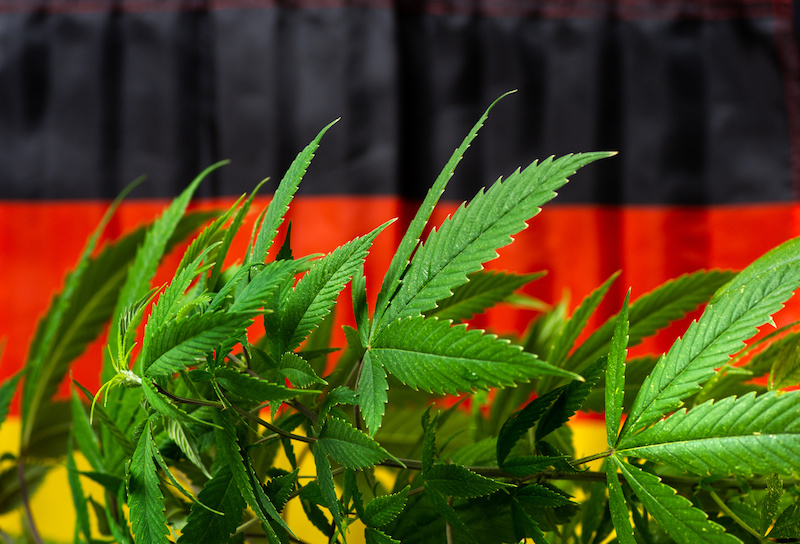Features
Germany maps out its legalization plan
Published on October 28, 2022 by David Wylie
 Photo: Adobe Stock/the oz.
Photo: Adobe Stock/the oz. Germany is set to become the world’s fourth country to legalize recreational cannabis.
While medical cannabis has been legal in Germany since 2017, the country’s coalition government announced after the 2021 federal election they agreed to legalize it for recreational use.
• RELATED: Canada is the world’s biggest cannabis exporter
This week, the European country set out its plans—however, there is no timeline set to implement them.
As the largest economy in the European Union, the move may put pressure on other European countries to follow suit.
It could also be a boon for Canadian companies operating overseas, including Tilray, which has an international headquarters in Germany and has been a medical cannabis pioneer on the continent. Aurora also has operations headquartered in Germany.
‘Most liberal cannabis legalization project’ in Europe
On Wednesday, Health Minister Karl Lauterbach presented a detailed paper on the legislation. Lauterbach said the move would make Germany Europe’s “most liberal cannabis legalization project,” but also its “most tightly regulated market.”
“Cannabis legalization is necessary if we are to end our unsuccessful fight against drug-related crime. The law will also reduce consumption, particularly among young people. The goal is better health and less consumption,” Lauterbach said this week on Twitter.
• RELATED: Canada provides lessons to the world on selling weed
The government’s plan would allow adults to have up to 20 or 30 grams.
Lauterbach’s paper says homegrown would be allowed to a limited extent, criminal proceedings and ongoing investigations would be cancelled, the government would introduce a tax as well as cannabis-related education programs.
Under the legalization plan, cannabis (and THC) will no longer be classified as narcotics.
Uruguay was the first country in the world to allow recreational use, followed by Canada and Thailand.
Leave a comment on our Facebook page.
© Copyright 2022 Okanagan Z. | About the oz.
Report a Typo or Inaccuracy
We strive to avoid typos and inaccuracies. However, on occasion we make mistakes. We value your contributions and help in correcting them.